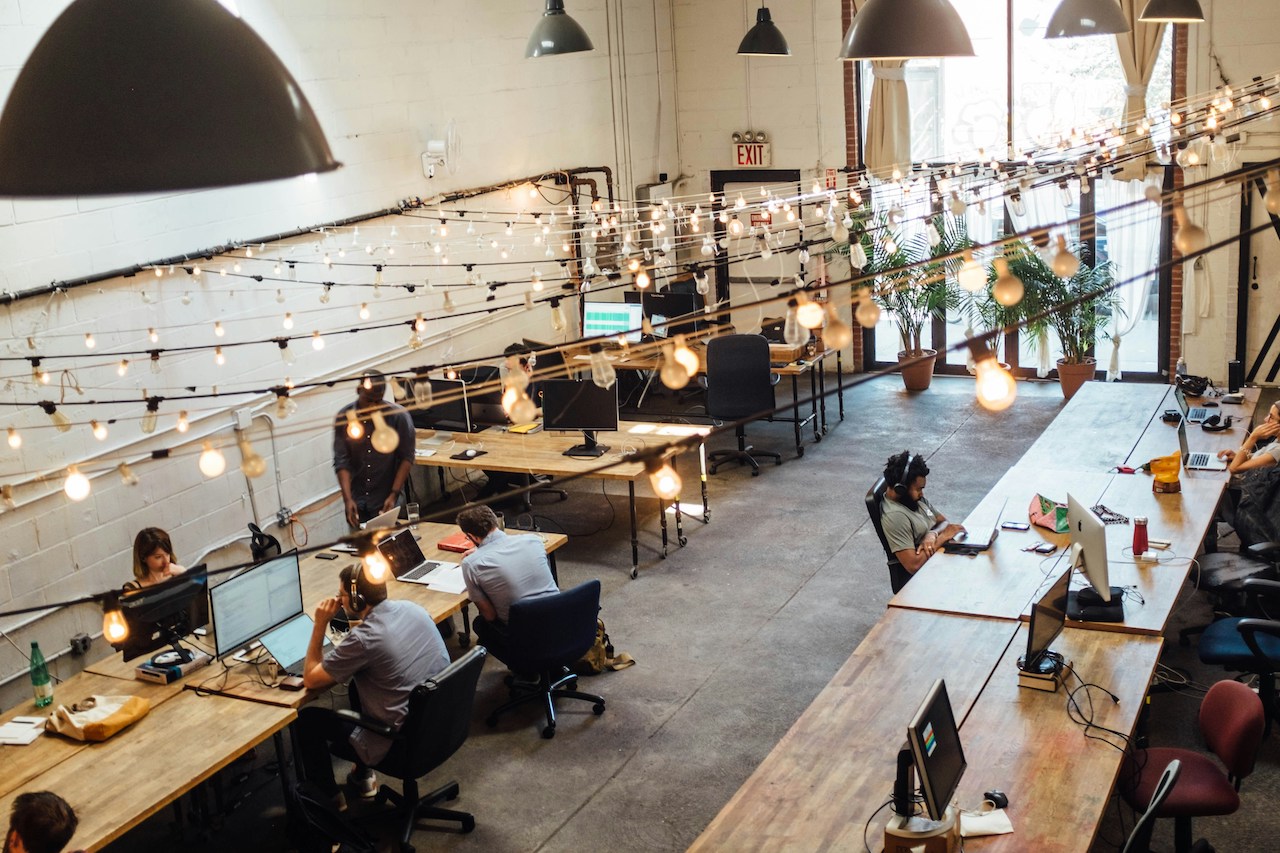Post
Need free workspace? Community Southwark premises matching project
28 Jun 2024
Access to affordable premises one of the biggest issues for the voluntary sector. Last year Community Southwark members told us that alongside funding, one of the biggest issues they face is access to affordable and suitable premises – whether that’s for group activities, day-to-day desk work or meetings.
To help address this, Community Southwark has launched a pilot project to help match groups with available spaces, and to make more spaces available by working with landowners and local businesses.
Check out our rundown of upcoming events
Access to space can have a transformative impact on the charity and the people involved, removing a big source of stress and cost, allowing them to focus on what they do best. It can also create great benefits for the provider, linking them in more closely with their local community.
The umbrella body for the voluntary and community sector is keen to hear from any organisations in Southwark, big or small, who might have some space to offer. They can help you find the right match and ensure your spaces are used to their full potential.
Community Southwark exists to support charities and community groups in the borough of Southwark. We provide training, advice, networking and advocacy for more than 1,000 members, ranging from small neighbourhood groups through to large national and international charities.
Are you a charity looking for free workspace? Book here -Premises matching project
Alex Wells, premises and policy officer at Community Southwark, says they launched a survey asking groups to tell them what their needs were. The requests varied, reflecting the broad range of activities and topics covered.
The most popular requests have been for an “Activity” space, which covers workshops around higher education, ESOL classes, adult reading classes, therapy and emotional support workshops as well as rehearsal space for community dance groups.
The second most popular was “office / desk space” for regular day to day work, and other common requests included “Multi-purpose / hub” spaces and “Meeting” spaces.
The Community Southwark’s pilot scheme is still new and Alex Wells is in the process of outreach work. “We haven’t yet had much success with bringing companies on board with this initiative, with the exception of the PPL Community Hub project,” he says.
“Our work has mostly been focused around voluntary and community sector (VCS) organisations who have space available, or working with statutory stakeholders such as the council and the NHS. We are very keen to try and connect with the private sector more on this, as it can bring real benefits to all parties.”
London Society's Free Space Fridays
To connect and match up the voluntary groups with the companies will to offer premises, Wells says: “Alongside the form for groups looking for space, we also have a form open for groups who have space available. We have set up a ‘casework’ system to manage incoming requests, and we then compare these to the supply forms and our current databases. Where we can see some crossover we make introductions, and support both sides in finding a way to make a ‘match’ work.
Subscribe to the London Society newsletter
The company that Community Southwark we have worked with most – PPL - have a great offer of free co-working and meeting room space, which is meeting the need of many of our VCS groups. They have also had offers of hall space, café spaces and outdoor event spaces.
The premises and policy officer says he knows the demand is certainly there. However, “so far in this project we have had mixed success in making matches. Each organisation – both the one requesting and the one supplying space – have their unique needs and pressures, and it takes a lot of time to dig into these and find common ground and areas of compromise and collaboration.”
A large part of the role has been relationship building and forging connections between groups – which hopefully means that when a match works, it lays the ground for a long term partnership.
Southwark is facing huge pressures in terms of increasing demand, filling in vital gaps in community wellbeing, alongside a big rise in operating costs and a diminishing amount of funding available. According to the report, this lack of sustained funding is the primary concern, but space to carry out activities came second.
Says Wells: “Providing free space is a fantastic way that external organisations can help lighten this load on the sector.”
For more information, go to Premises matching project
